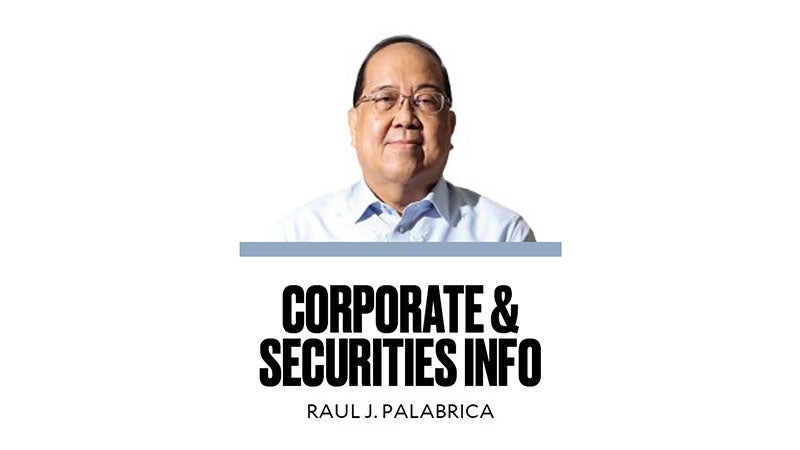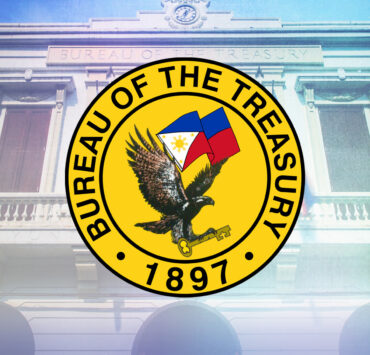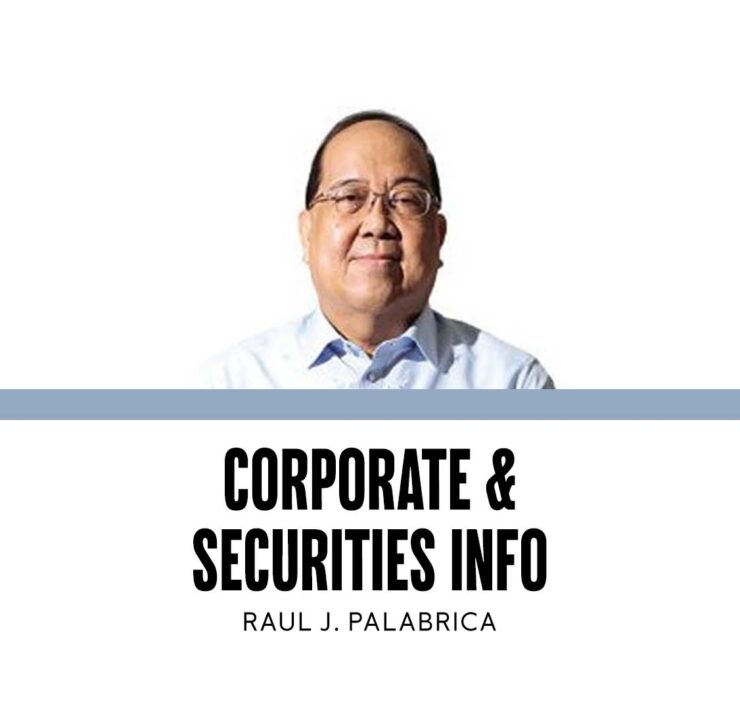Election campaign contributions

The coming midterm elections would be stressful not only to the candidates but also to the executives of businesses with deep pockets or whose bottom line is influenced by holders of political power.
Although the official campaign period for senators and party list representatives will only start on Feb. 11 and that of the House of Representatives and local government units on March 28, the candidates are already in the thick of preparations for their campaign.
That campaign is not going to come cheap. Depending on the candidate’s strategy, it could run to millions of pesos. While social media may be an effective yet inexpensive campaign tool, on-the-ground solicitation of votes would still be necessary and that could cost a lot of money.
Unless the candidates have the means to pay on their own the way to victory, or even if they have prefer to conserve their resources, they can be expected to solicit contributions, in cash or in-kind (but preferably the former) from outside sources.
That would include people who believe in their platform or causes they are promoting, or stand to materially benefit from their election in case they win. In the latter case, the contribution is considered an investment that could bring in handsome returns.
Under the Revised Corporation Code, corporations, other than foreign, have the power to “… give donations in aid of any political party or candidates or for purposes of partisan political activity.”
The ban on foreign corporations is aimed at preventing external forces from influencing the results of our elections and, in the long run, the integrity of the candidates they support who may win.
Under our election laws, the prohibition also applies to, among others, banks and financial institutions, public utility corporations or entities that operate under a franchise or license issued by the government or any of its divisions or instrumentalities, and educational institutions that receive public funds.
But knowing how porous our financing and banking regulatory processes are, there is no dearth of “imaginative” accountants or financial managers who can make those prohibited contributions without running afoul with the law or getting caught.
Secret bank accounts in offshore tax havens and off-balance sheet transactions provide the means to show gratitude or curry favor to public officials who have been helpful to the business or otherwise may of good use in the future.
The unwritten rule for businesses that are allowed to make campaign contributions is to make it discreet or avoid its possible detection, especially if they are given only to select candidates.
If word leaks out about that action and the candidate who did not get financial assistance wins, there may be hell to pay for the discriminating contributor.
To avoid post-election recriminations from happening, the better part of discretion would be to donate (no matter how small) to candidates who have, based on a confidential survey, have strong chances of winning,
That would be like “riding both fences,” but who cares when that would assure immunity from possible vengeful action from any of the candidates.
Incidentally, those who may be minded to be transparent or open about donating, in cash or in kind, to a candidate’s campaign for principled purposes or regardless of the eventual election results, may be exempt from the payment of the donor’s tax, which is required to be paid for any taxable donations made.
That exemption would kick in only if, first, the donation is duly reported to the Commission on Elections and, second, it was utilized during the campaign period it had set.
Judging from past elections, only the most rabidly partisan or committed business people are willing to have their political leanings publicly disclosed.
In Philippine politics, anonymity has its own rewards.


















